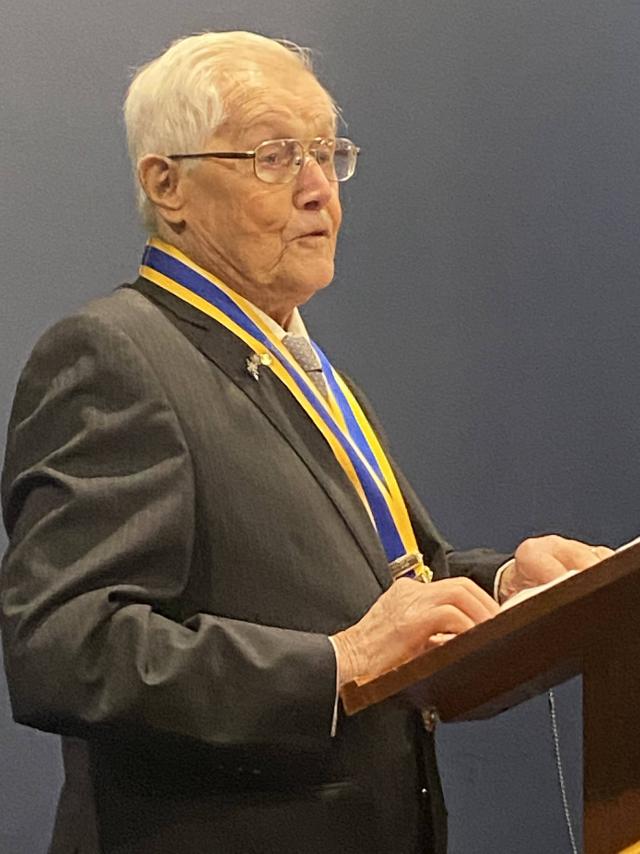As a business leader, is it possible to motivate your staff or can personal motivation only come from within? There are a range of views on this and it correlates with other similar such questions such as can other people make you happy or are we each responsible for our own happiness? Similarly, can we inspire ourselves or can we only be inspired by others? Whatever the answers to these questions, it is definitely true that leaders can significantly influence the motivation of team members, afterall it is rightly said that staff don’t leave companies, they leave people.
Being motivated just feels great. It gives us purpose, a reason to go above and beyond and the opportunity to achieve things that others may see as extremely difficult or perhaps even impossible. A highly motivated team is typically a high-performance team and you know it when you are part of it for there is no feeling quite like it. There is a completely natural sense of camaraderie and support, time passes without you being conscious of it and results come much more easily, almost effortlessly. Watch some of the great AFL teams over the past few years (Collingwood, Richmond and Geelong for example) and you will see this play out on the footy field itself. It often seems like they have more players than their opposition and there is a high level of self-confidence in their ability to win.
When it comes to motivation, the first thing that any leader needs to recognise is that there is no one-size-fits-all approach as everyone is motivated by different things and to different degrees. For some it is about winning, status, recognition whereas others may be more motivated altruistic outcomes such as the opportunity to give back to the community or to help other people less fortunate than themselves. Fundamentally, personal motivations are aligned with an individual’s personal core values so if a leader can identify these, the potential to motivate that individual is significantly increased.
While recognition of a person’s core values is clearly important, it is also necessary to understand where someone sits relative to required skills and experience in their role. For those people with low skills and/or experience (e.g. those new to a particular job), often they will be motivated by the opportunity to achieve at the tasks they have been set and to learn more so that they can become a more effective and valuable member of the business. This implies that appointment of a Mentor, investment in training and/or a gradual increase in responsibility may well be factors that will have a positive influence on their personal motivation.
For those staff members that have high skill and/or significant experience, a typically different approach is required. For these staff members, training in their role is unlikely to be required but further personal development in an adjacent area may well be welcomed. It is not unusual for some senior staff to become demotivated over time (perhaps by having done the same role for many years), so when a senior member of staff has lost their mojo, a personalised, individual method is required to find out what lies behind this. These staff members may be motivated by a new challenge, the opportunity to make a significant difference or perhaps a better work/life balance.
Dealing with people that have become demotivated requires careful handling since factors that influence this may not necessarily be work-related. If an individual is having problems outside of work, then this could well have a direct bearing on not only their performance but how they feel about work in general. While it is clearly not the role of the leader to resolve a staff member’s personal problems, showing patience and offering a listening ear can go a long way to helping the person get back on track.
Ian Ash ACC, AInstIB
Managing Director OrgMent Business Solutions – www.ombs.com.au







